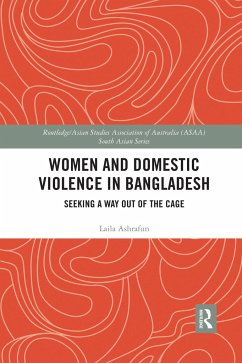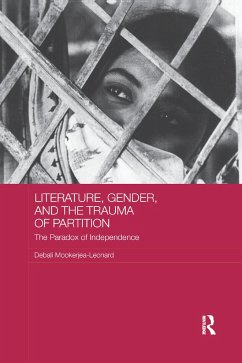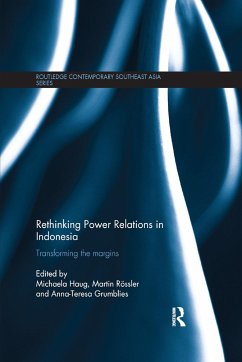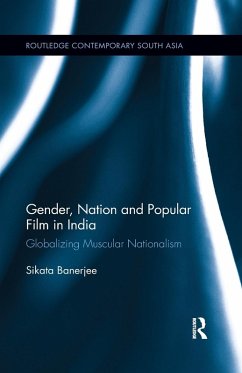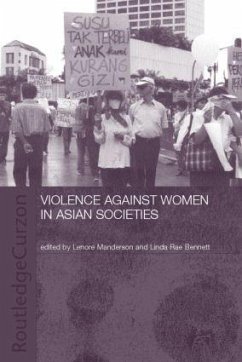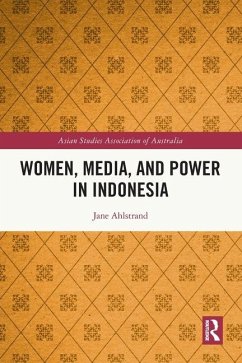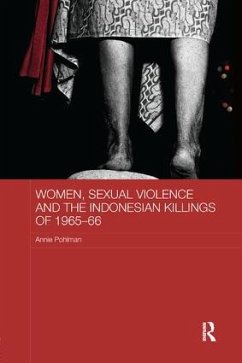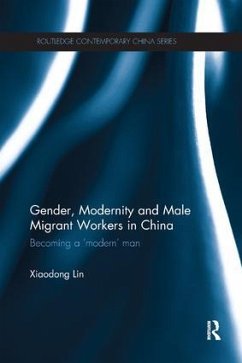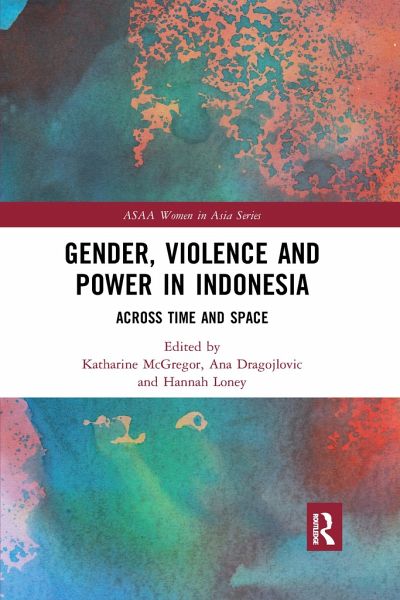
Gender, Violence and Power in Indonesia
Across Time and Space
Herausgeber: McGregor, Katharine; Loney, Hannah; Dragojlovic, Ana
Versandkostenfrei!
Versandfertig in 1-2 Wochen
55,99 €
inkl. MwSt.
Weitere Ausgaben:

PAYBACK Punkte
28 °P sammeln!
This book uses an interdisciplinary approach to chart how various forms of violence - domestic, military, legal and political - are not separate instances of violence, but rather embedded in structural inequalities brought about by colonialism, occupation and state violence. The book explores both case studies of individuals and of groups to examine experiences of violence within the context of gender and structures of power¿in modern Indonesian¿history and Indonesia-related diasporas. It argues that gendered violence is particularly important to consider in this region because of its comple...
This book uses an interdisciplinary approach to chart how various forms of violence - domestic, military, legal and political - are not separate instances of violence, but rather embedded in structural inequalities brought about by colonialism, occupation and state violence. The book explores both case studies of individuals and of groups to examine experiences of violence within the context of gender and structures of power¿in modern Indonesian¿history and Indonesia-related diasporas. It argues that gendered violence is particularly important to consider in this region because of its complex history of armed conflict and authoritarian rule, the diversity of people that have been affected by violence, as well as the complexity of the religious and cultural communities involved. The book focuses in particular on textual narratives of violence, visualisations of violence, commemorations of violence and the politics of care.






